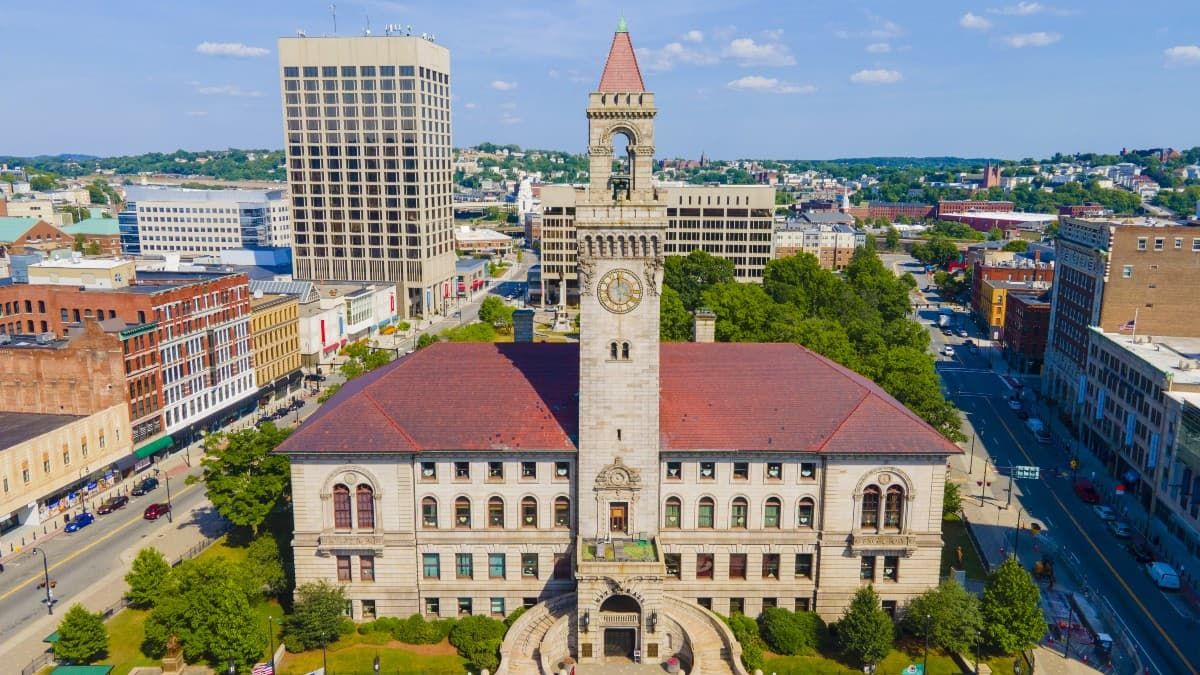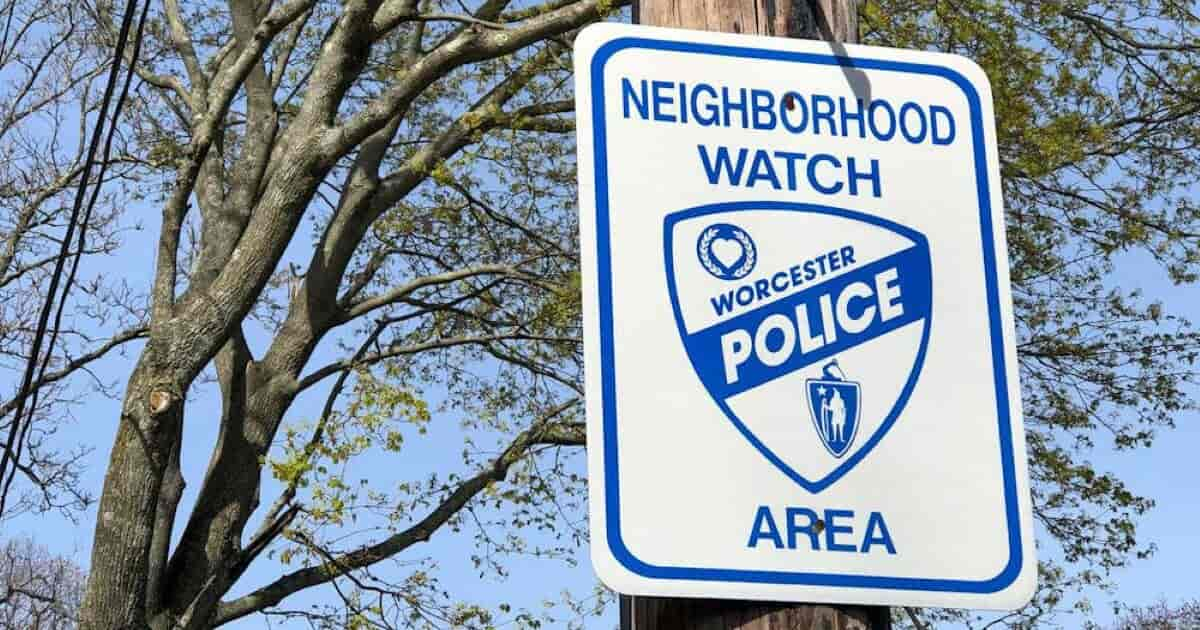The Worcester City Council meets on Tuesday, December 14, with a full agenda and three items certainly of significance to Worcester residence.
City Manager Ed Augustus’ updated budget recommendations for $146 million in American Rescue Plan Act [ARPA] funding
The School Safety Task Force recommendations plan for the removal of School Resource Officers from Worcester Public Schools
Worcester banning facial recognition technology and the plan to provide oversight for the use of surveillance technology by the City.
The Council meets at 6:30 PM at Esther Howland Chamber inside City Hall at 455 Main Street. Virtual attendance options are:
Attend the City Council meeting via web
To dial in by phone:
- Phone Number – 415-655-0001
- Access Code – 2300 986 6707
- Event Password for Phone Attendees: 0000
Updated ARPA Budget Recommendations
City Manager Augustus also submits to the City Council an updated American Rescue Plan Act [ARPA] budget recommendations. The City’s allocation is $146 million.
The revised recommendations leaves over $10 million, about 7% of the funding, unbudgeted “to maintain a level of flexibility over the nearly four-year period of the grant as well as respond to future community needs.”
The major categories of funding in Augustus’ recommendations:
- Housing – $28,000,000
- Community-Organization Projects and Programs – $10,000,000
- Local Business Assistance and Marketing – $6,000,000
- Creative Economy – $4,500,000
- Mental Health – $2,000,000
- Job Skills / Training – $1,200,000
- Worcester Regional Food Hub – $1,000,000
- Public Health – $5,135,495
- Infrastructure and Public Assets – $37,955,000
- Technology Improvements – $18,926,624
- Revenue Recovery – $15,789,523
- Premium Pay – $2,500,000
- Administrative Overhead – $3,312,348
- Unbudgeted Allocation – $10,313,615
School Safety Task Force Recommendations to Replace School Resource Officers
City Manager August also presents the School Safety Task Force recommendations for a plan for the removal of School Resource Officers from Worcester Public Schools [WPS] to City Council.
The Task Force recommends the adoption of a Citywide School Liaison Officer [SLO] Model. The Worcester Police Department [WPD] and WPS developed the model and operated with it prior to the 2015- 2016 school year and implementation of the School Resource Officer [SRO] model.
The SLO model assigns a school liaison officer to a quadrant in the city available to the elementary, middle, and high schools there.
North High School eliminated its SRO two years ago and has operated with an SLO since. Burncoat High School, Doherty High School, South High School, and Worcester Technical High School currently have full-time SROs. In March, City Council adopted a resolution for the removal of SROs by December 31.
The task force says its recommendation “is premised on an increase in the number of school staff who tend to the health and wellbeing of students and teachers as well as the expansion and adoption of holistic framework to improve school climate.”
It also recommends increased communication practices and collaborative training between the WPD and WPS.
The Task Force that created the recommendations includes Augustus, Mayor Joe Petty, School Superintendent Maureen Binienda, Police Chief Steven Sargent, Black Families Together (BFT), Latino Empowerment Organizing Network (LEON), National Association for the Advancement of Colored People (NAACP), Worcester Interfaith, Worcester Regional Research Bureau, and a host of other City and Community leaders and organizations.
Facial Recognition Technology Ban and Surveillance Oversight
City Manager Ed Augustus submits a report to the City Council tonight that includes proposed language for a city ordinance to ban the use of facial recognition technology. Included is language for an executive order to establish oversight for the use of any surveillance technology by the City.
Augustus reports that, according to City Solicitor Michael Traynor, “an ordinance to establish oversight and control over surveillance technology is not feasible due to the constraints of the city charter.” The order enables both City Council and the public to comment on new proposed purchases of surveillance technology.
The proposed ordinance makes it unlawful for the City or any City official “to knowingly obtain, retain, request, access, or use any facial surveillance system,” or “any information obtained from a facial surveillance system.” The ordinance creates an exception for “using evidence from a non-Worcester law enforcement agency that may have been generated from a facial surveillance system for the purposes of the investigation of a specific crime.”
Augustus’ executive order establishes two new approval processes for acquisition and implementation of new surveillance technology by City departments.
Prior to acquisition, the department must apply for approval from the City Manager’s office. The order also says that prior to the City Manager’s approval, the City Council will receive notice and supporting documentation to enable the Council to hold a hearing for public comment.
Prior to implementation of surveillance technology, the department must seek approval from the City Manager’s office for its data management policy related to the technology.
While both the ordinance and the order apply only to technology acquired after enactment, the order also requires all City departments with existing surveillance technology to submit a proposed surveillance policy and data management protocols within 90 days.
The order requires any annual surveillance report for departments using surveillance technology that shall be made public unless prohibited by state or federal law.
The order also has a 30 day temporary use clause for the Worcester Police Department with a search warrant or “under exigent circumstances when the Chief of Police finds that compelling circumstances in the public interest.”









